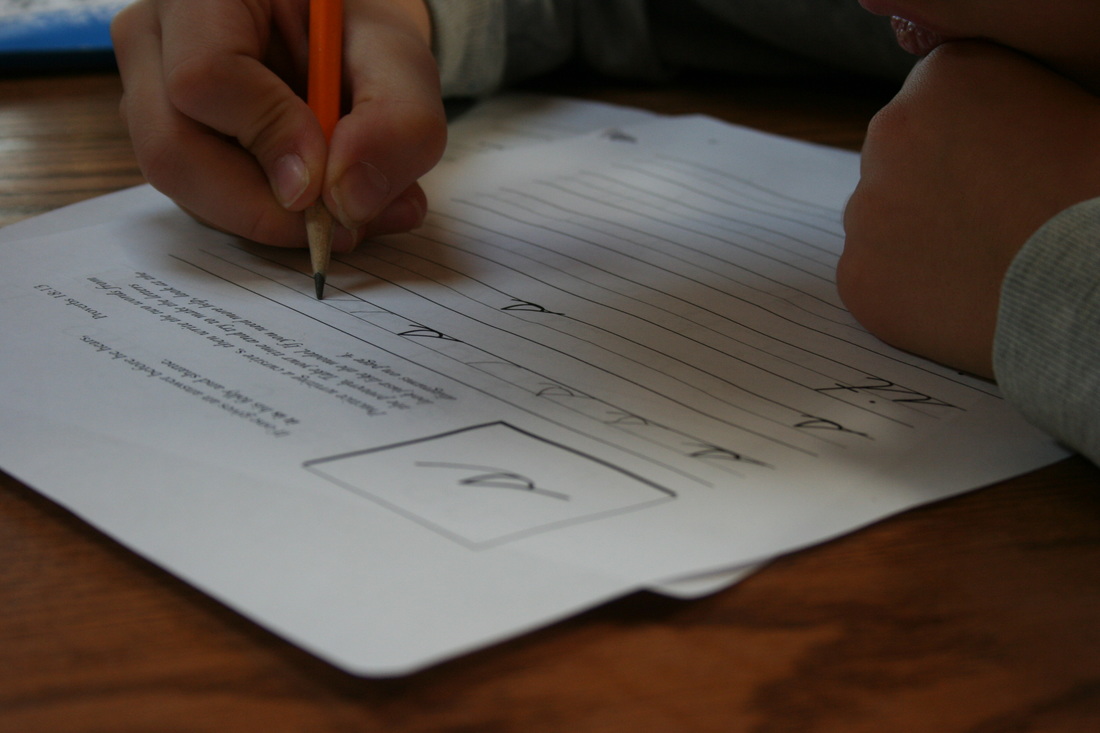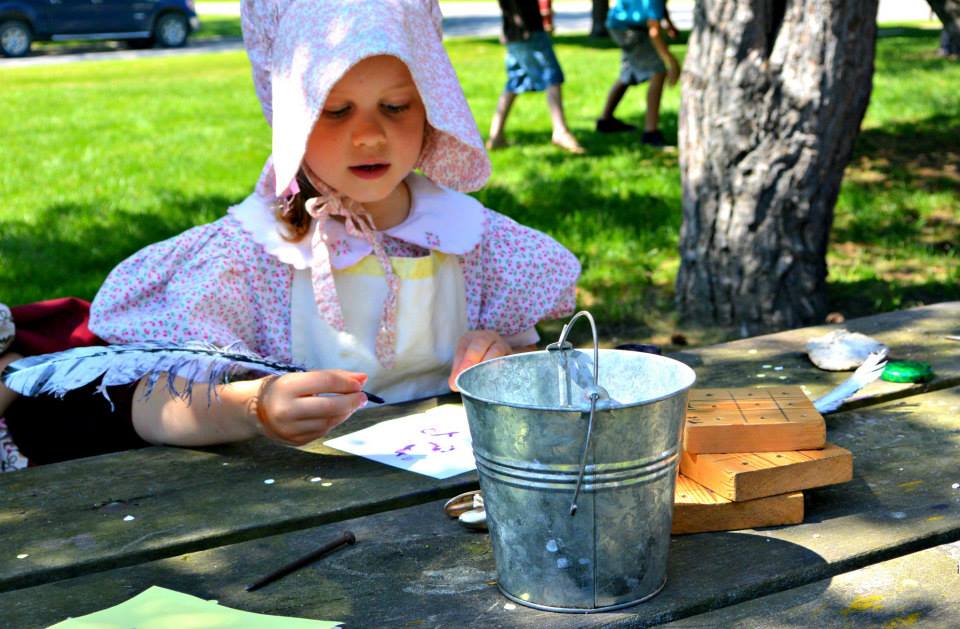|
Written by Jessie Wiegand "We'll be doing school all summer!" This seems to be a common lament around this time of year as the hope of spring rises within us. We are relieved that the long winter seems like its finally coming to an end, but then we realize that we haven't reached the page or chapter in our curriculum that we thought we'd have completed by now. Adding up the remaining chapters next to a calendar that only has 12 weeks in it until June starts with uneasiness and ends with panic: Well, we don't really need a spring break. . . I suppose it's not necessary to take off Memorial Day. . . Maybe we could keep doing school for the whole month of June. . . We could vacation next year. . . We could just work in the morning and have fun in the afternoon. . I guess a full day wouldn't be so horrible; we'd still have our evenings free... That last statement is where we notice that we are breathing shallowly and our whole body is tense. In the last 15 years of my homeschooling experience, I will honestly tell you that I have probably only had 1 or 2 years where we have come comfortably and serenely to the end of our school year at the end of May. The other 12-13 years, I struggled with feelings of failure, discouragement, and a sometimes crushing pressure that I had not fulfilled what I had set out to accomplish with my kids academically. There were times that I handled that well, and times that I handled it not so well. I'll start with the not so well.
I have a habit of setting pretty high expectations for myself and for my children, so, unfortunately, the standard I set is rather hard to achieve. Because of my faith in Jesus, there is a major competing force inside of me between my natural desire to be focused on myself and rely on my own abilities to reach the goals I set for myself, and the Holy Spirit's desire to focus on the will of the Father and His guidance and strength to reach His desired ends. When I become aware that I have fallen into the pattern of my flesh that results in self-degradation, self-idolizing, and negative absolutes, I have been astonished at the way that God deals with my failure, and have been so relieved by His grace in my life. He chooses whether through the insight of a member of the family of believers, or through His own wise and quiet voice within me, to give the gift of these alternative ways to handle my failure:
I didn't plan on writing you all a book here, but I needed to write these things to hear them again myself. Every year of homeschooling produces something different in me; it is truly the tool of so much sanctification in my life. I have succeeded and failed yet again this year, but God is making me and my children better people because of it. I pray that I will continue to be honest about my failures and successes, wholeheartedly repent for my sin, accept the loving forgiveness of the Father, and grow my faith through the hope that He provides. And I especially entrust that He will do the same for all of you.
0 Comments
Leave a Reply. |
Welcome to our blog!Here you will find updates on CHEBWA events and activities.
You will also find articles written by various CHEBWA members to inspire and encourage you on your homeschooling journey! CategoriesAll CHEBWA Happenings Education Inspiration Encouragement For Moms Ideas And Tips Monthly Meetings School Planning {Please note that articles written by individual members are just a sampling of the many views expressed within the diverse homeschool community and do not necessarily represent the views of CHEBWA.}
|



 RSS Feed
RSS Feed